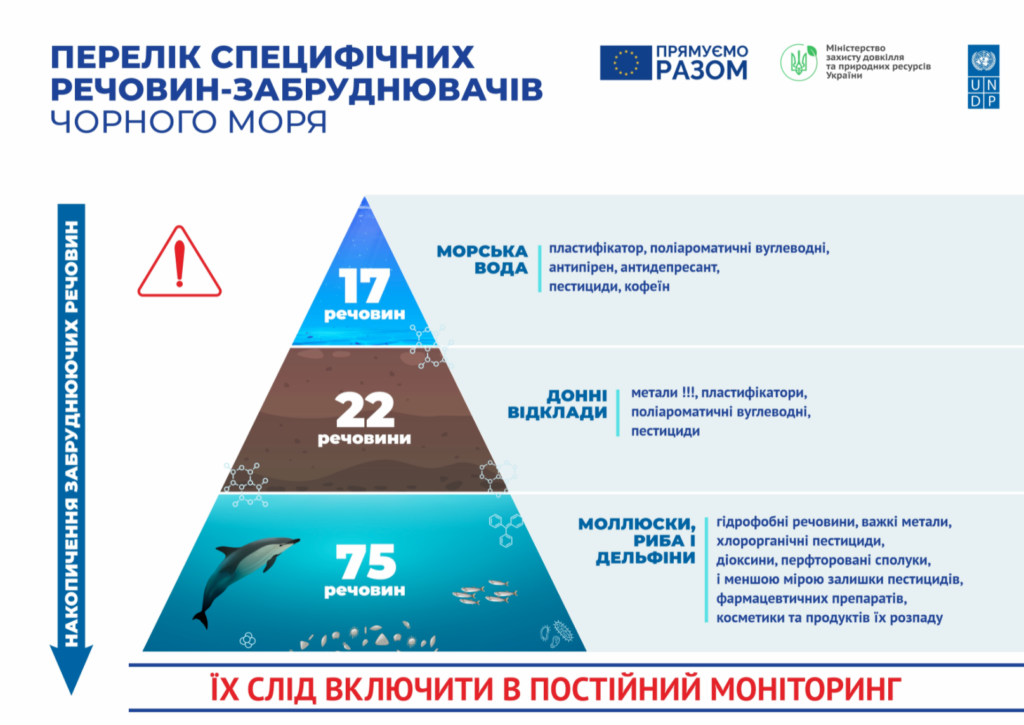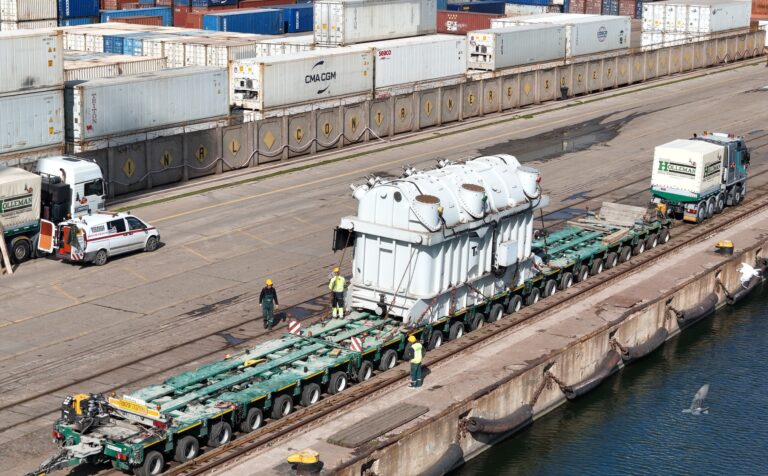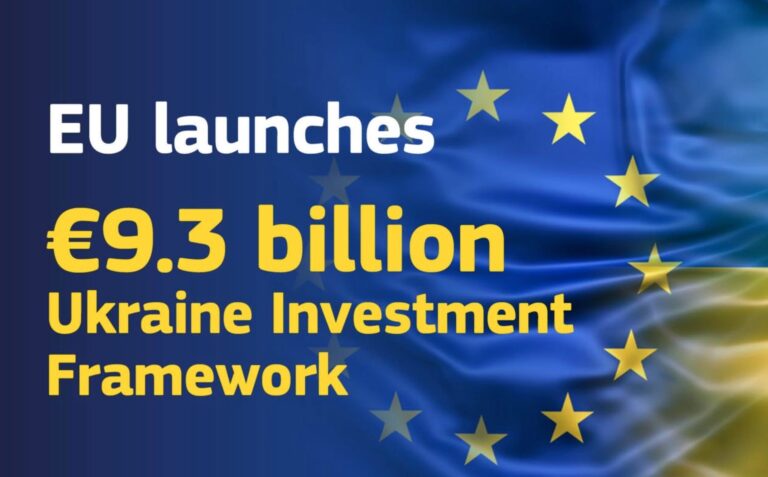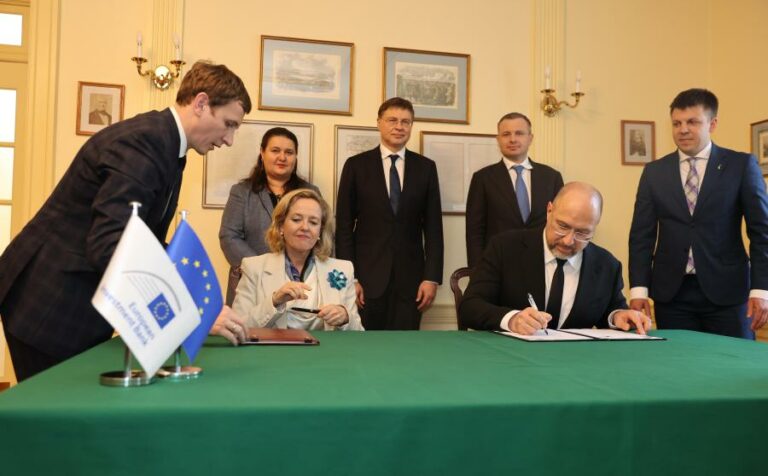
EU4EMBLAS defines a Black Sea chemical poisoning list
The ‘European Union for Improving the Environmental Monitoring of the Black Sea’ project (EU4EMBLAS), implemented by the UNDP, has defined a Black Sea specific contaminant list.
The samples of sea water, sediments, and biota (fish, molluscs) obtained in 2016, 2017 and 2019, were screened for several thousands of organic pollutants and their transformation products by wide-scope target (>2,300 substances) and suspect (>65,000 substances) screening techniques.
The EU4EMBLAS identified 17 ‘ready for regulatory monitoring’ substances in the water, 75 substances in the biota, and 22 substances in the sediments at the bottom of the sea. For example, scientists have found one plasticiser in the water called dibutyl phthalate. This particular plasticiser has the highest risk score among all (at present, it is banned in all toys and childcare products as well as in cosmetics because it is carcinogenic, mutagenic, and toxic to reproduction).

The project proposed to include all these chemicals in the official national monitoring programme of Ukraine, as specific contaminants of the Black Sea.
Find out more
MOST READ
SEE ALSO

EU Civil Protection Mechanism delivers powerful transformer to Ukraine

Voice Your Vision: Young European Ambassadors take part in European Forum of Young Leaders in Warsaw

Recently appointed Head of EU Monitoring Mission meets with Georgian Prime Minister

Investments for recovery: EU sets up Investment Framework under its Ukraine Facility

EIB and Ukraine Government to accelerate deployment of financial support and project execution on the ground
More campaign pages:
Interested in the latest news and opportunities?
This website is managed by the EU-funded Regional Communication Programme for the Eastern Neighbourhood ('EU NEIGHBOURS east’), which complements and supports the communication of the Delegations of the European Union in the Eastern partner countries, and works under the guidance of the European Commission’s Directorate-General for Neighbourhood Policy and Enlargement Negotiations, and the European External Action Service. EU NEIGHBOURS east is implemented by a GOPA PACE-led consortium. It is part of the larger Neighbourhood Communication Programme (2020-2024) for the EU's Eastern and Southern Neighbourhood, which also includes 'EU NEIGHBOURS south’ project that runs the EU Neighbours portal.

The information on this site is subject to a Disclaimer and Protection of personal data. © European Union,







